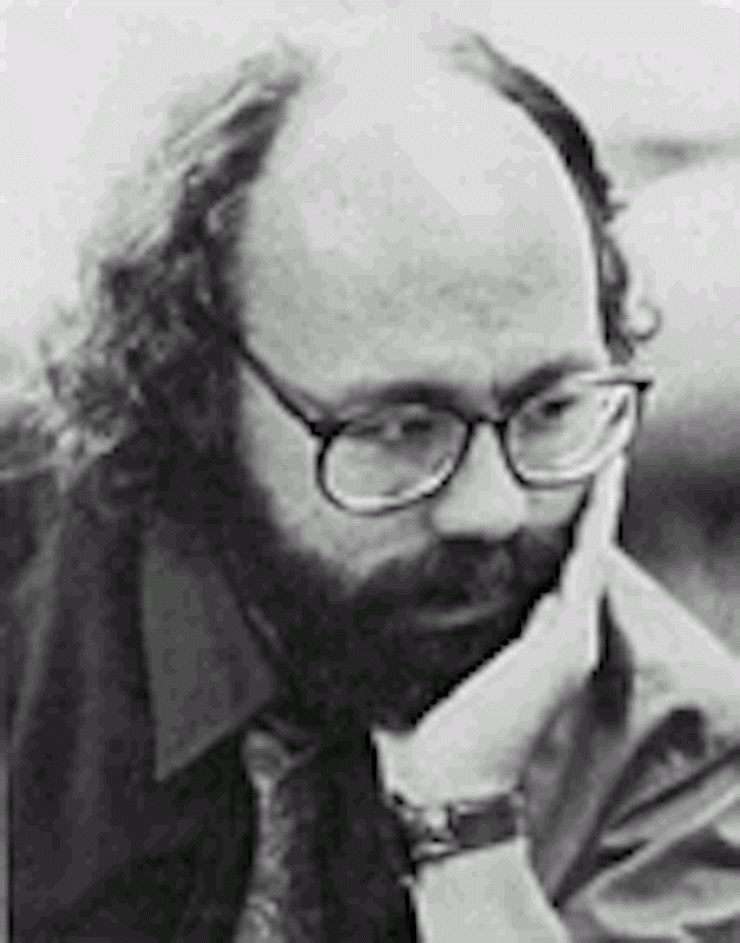Professor of Philosophy
A.B., Kenyon College; M.A., Ph.D., University of California, Berkeley
It's hard to say when it began. I was interested in ethical, religious, and political issues from a young age. Nothing called philosophy emerged in my mind until my senior year in high school. All seniors were required to write an extended research paper. I wrote on conceptions of reality and defended - or rather embraced - Hegelian absolute idealism over Berkeleyan idealism. My first philosophy course in college hooked me. I was not good at philosophical writing, but I was taken by the issues, the argument of Plato's Republic, and the argumentative style of the teacher. I declared a major in philosophy second semester of my freshman year.
I became interested in Wittgenstein and his philosophy as an undergraduate. Reading Philosophical Investigations my junior year turned my view of the world upside down. (It has remained that way more or less since that time.) In graduate school, I wrote a dissertation on self-deception. The analytic problem of self-deception is the problem of whether it makes coherent sense to think that a person can deceive him or herself. Given that the deceiver intends the deception how can that intention succeed if the deceived person just is the deceiver? The topic was largely an excuse to write on Wittgenstein's criticisms of Freud, however.
My attraction of Wittgenstein centers on the ethical impulse behind his project: to bring us in agreement with our "complicated form of life." My own interest in the ethics of this positions culminated in a book, Philosophy as Therapy.
Since working on that book, I have gotten interested in other thinkers who embrace this ethics in various ways: Nietzsche, Aristotle, Hauerwas, Confucius and Zhuangzi. A secondary interest that emerges from this larger one is what everyday ethical thinking consists of if we take the worldviews of these thinkers to be largely correct.
Recent projects informed by these interests are my work on the Medical Ethics Committees at Chattanooga's Erlanger Hospital and the Alexian Brother's Pace program, an assisted living and care program for the elderly, studying modern and classical Chinese, and thinking about Confucian ethics. In 2007-8, I received a Fulbright Fellowship to study classical Chinese with teacher Yang Youwei and worked on a manuscript, now entitled Whose Tradition? Which Rationality?: Confucius and Wittgenstein on Moral Practice and Reflection. I have also recently been named as the first faculty director of Sewanee's Community Engaged Learning Program, which has recently become a part of the nationwide Bonner Network supporting service learning.
Areas of Expertise
- Wittgenstein
- Chinese Philosophy
- Epistemology
- Medical Ethics


